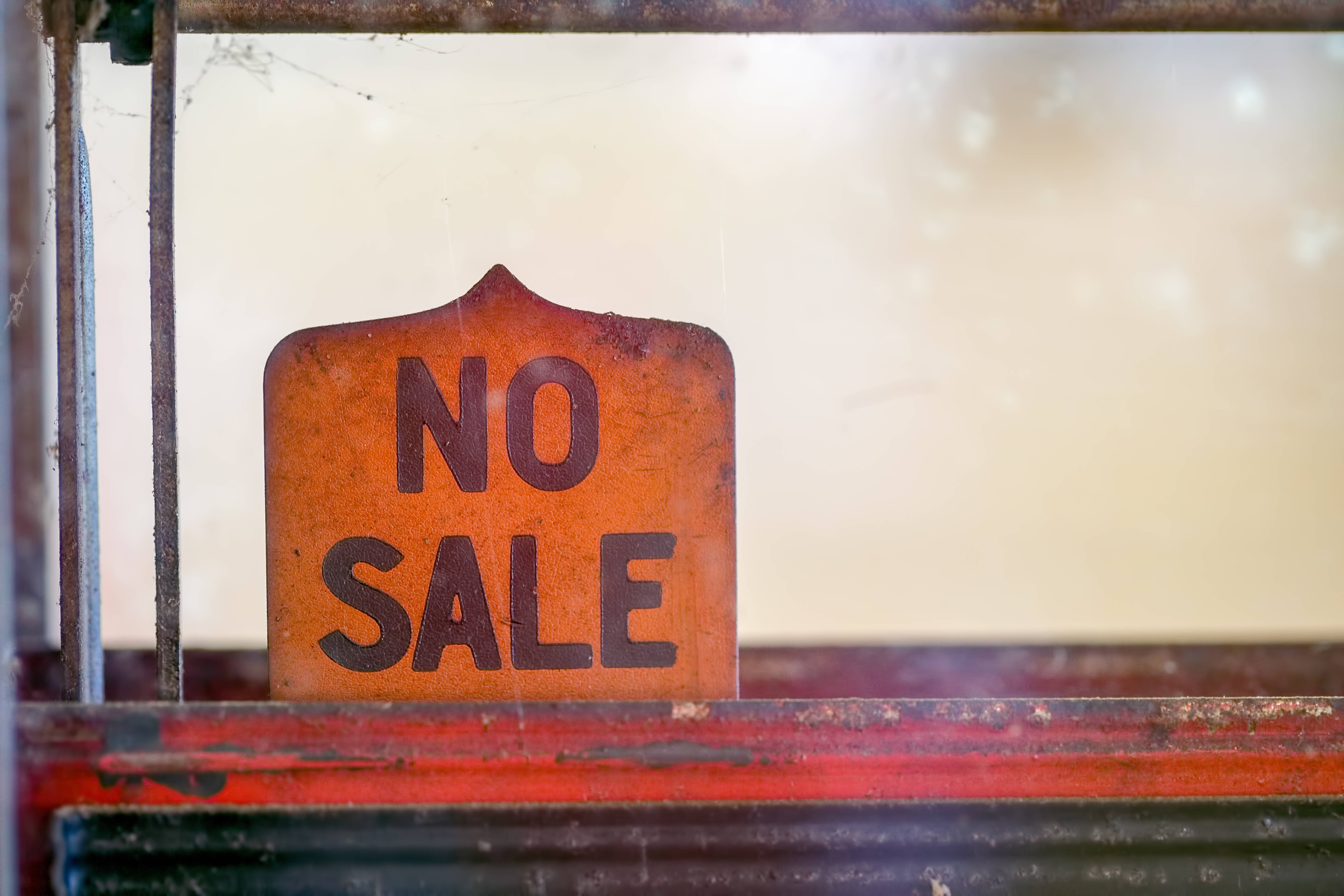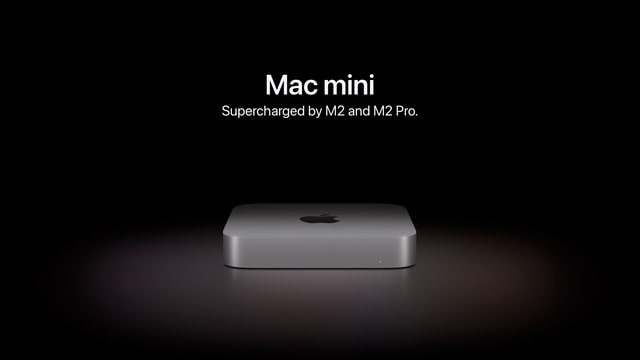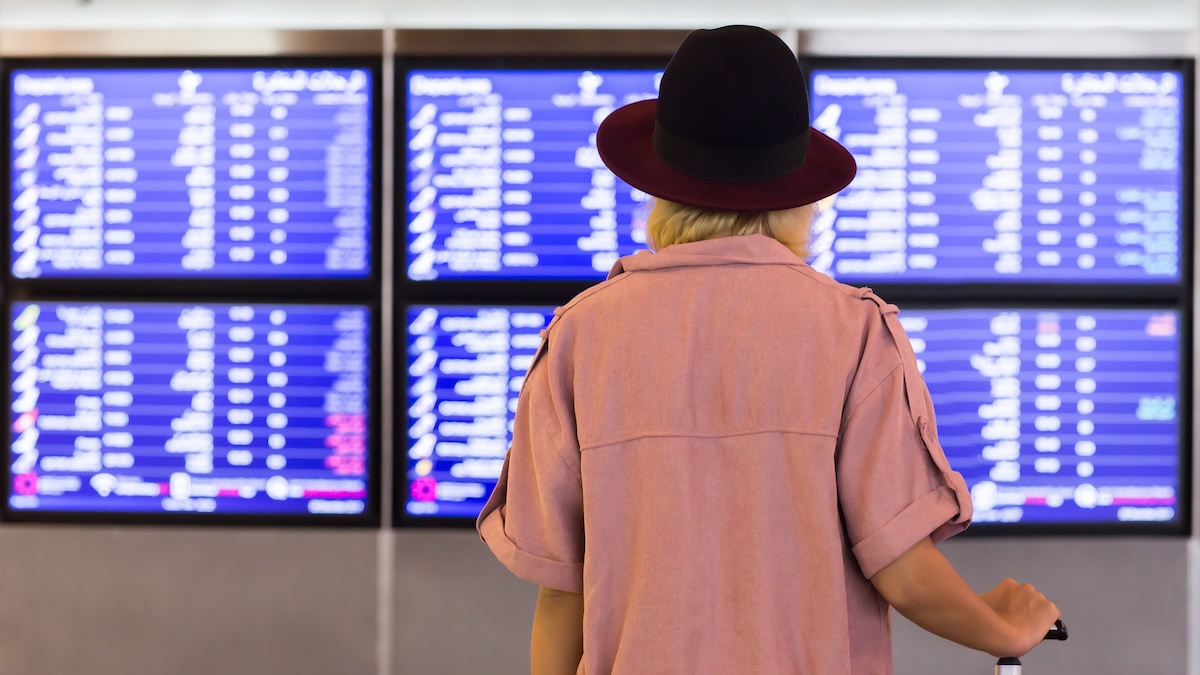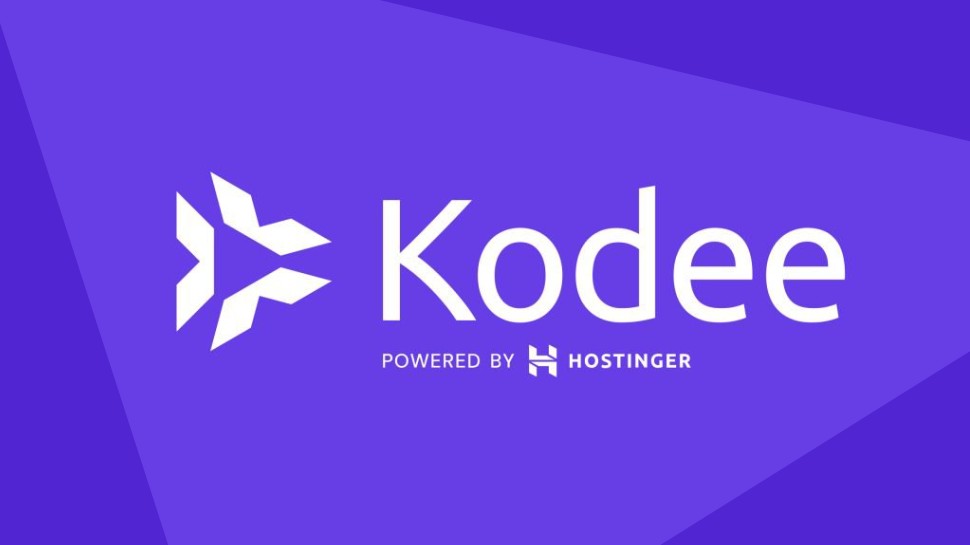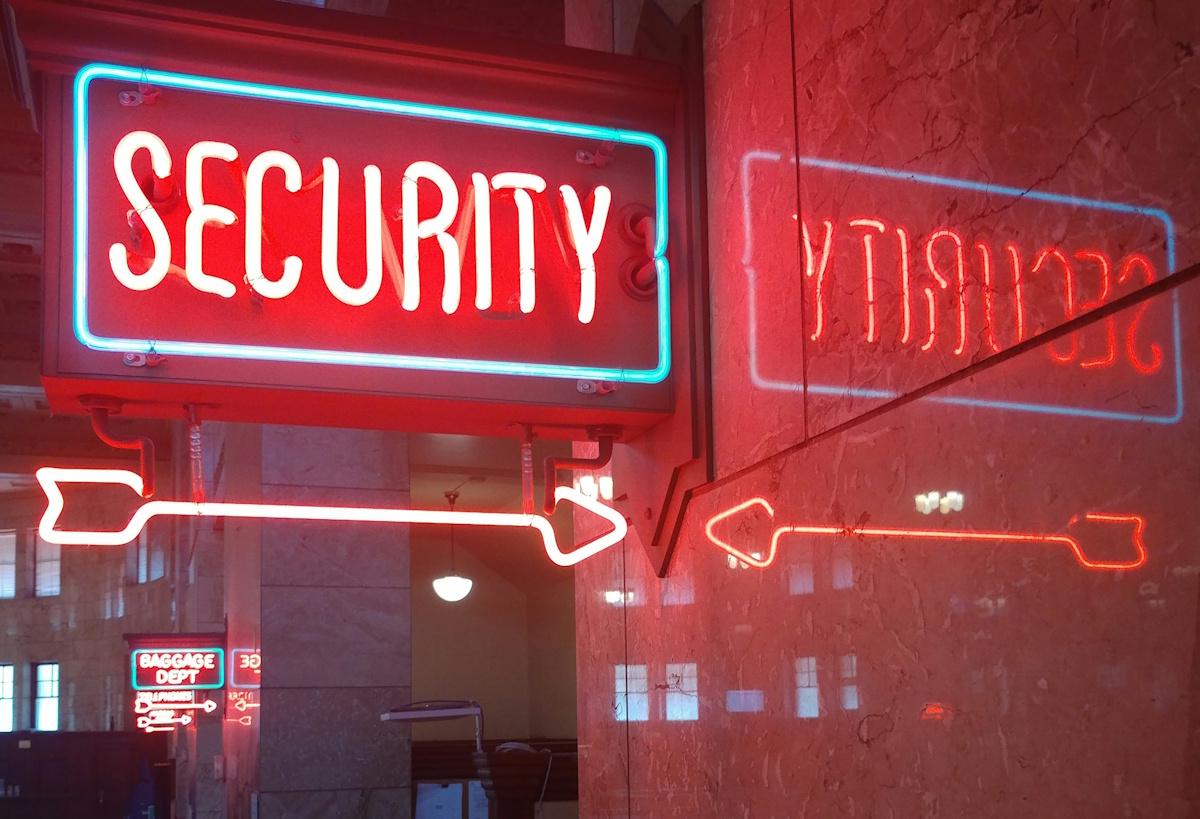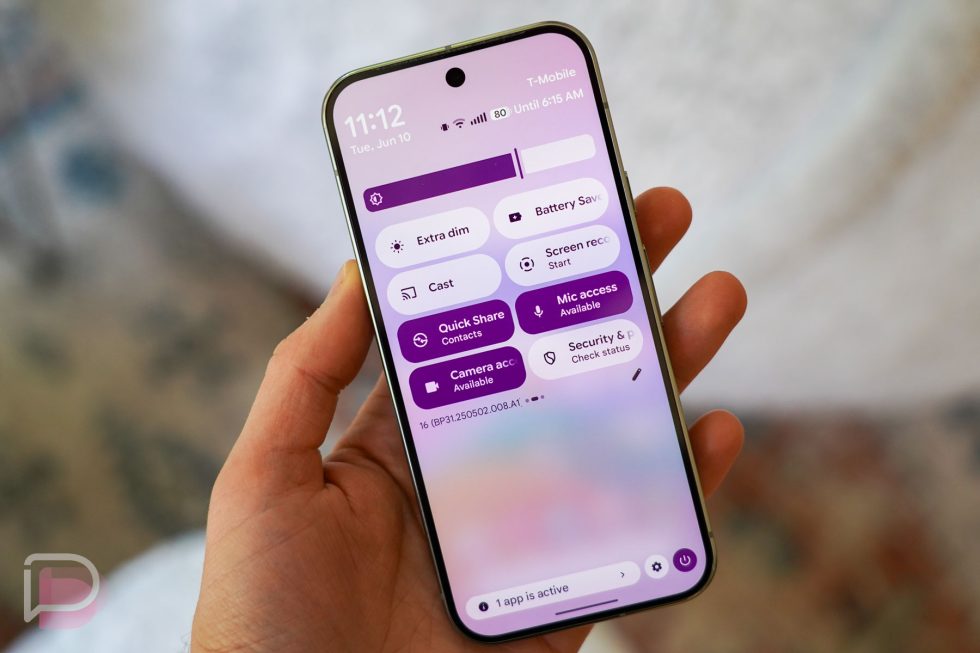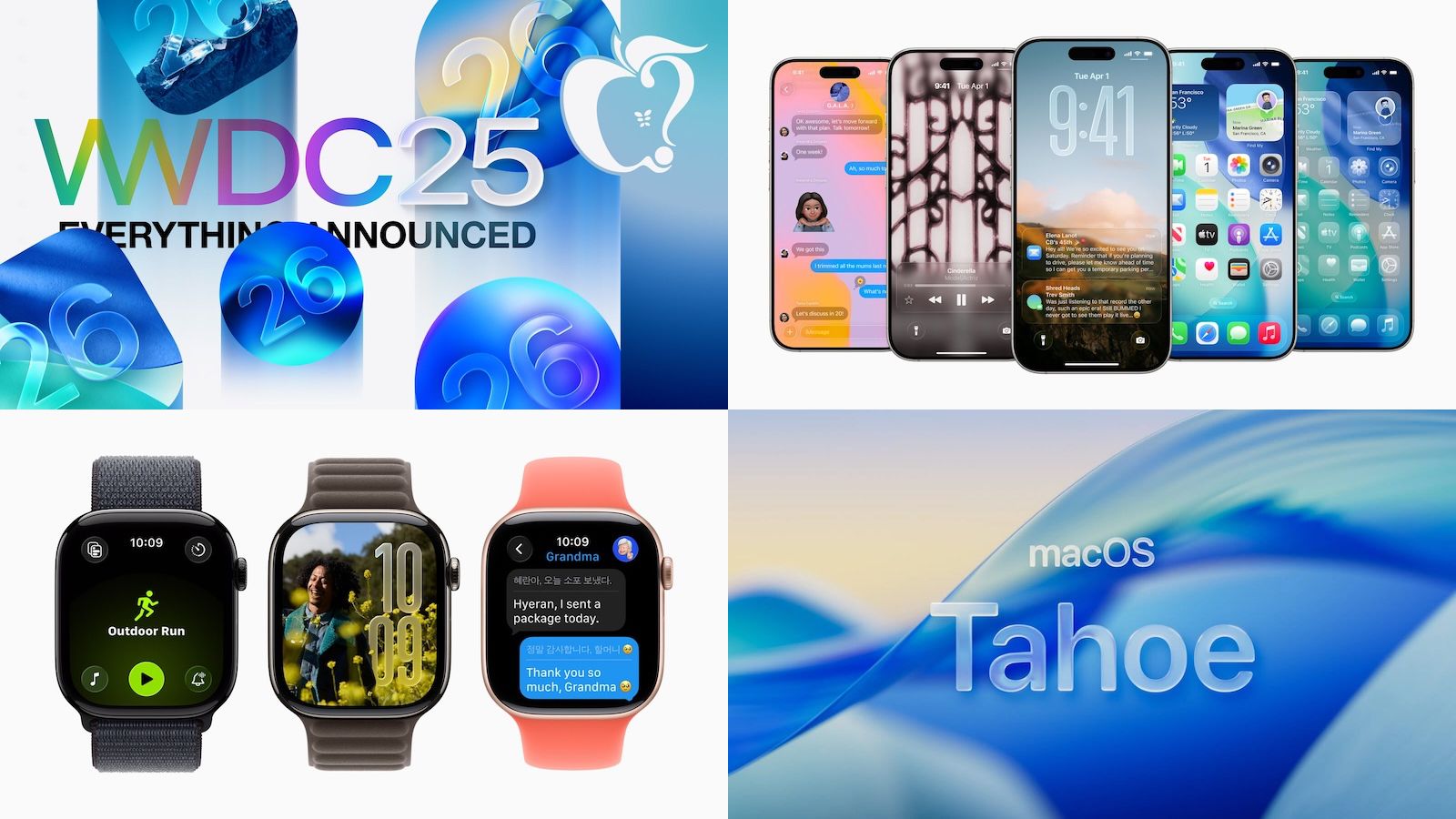What is making podcasts stand out ahead of the Singapore GE2025?
In Singapore, the rise of podcasting has shifted from entertainment and lifestyle into a new arena – public discourse and politics. As the 2025 General Election draws near, podcasters are making waves across online news and social media. To kick things off, we used Narrative AI, the first search engine for public opinion, to identify […] The post What is making podcasts stand out ahead of the Singapore GE2025? appeared first on Isentia.

In Singapore, the rise of podcasting has shifted from entertainment and lifestyle into a new arena – public discourse and politics. As the 2025 General Election draws near, podcasters are making waves across online news and social media. To kick things off, we used Narrative AI, the first search engine for public opinion, to identify how large the global narrative on podcasts and their influence on audiences is in the last 6 months, using data from X.
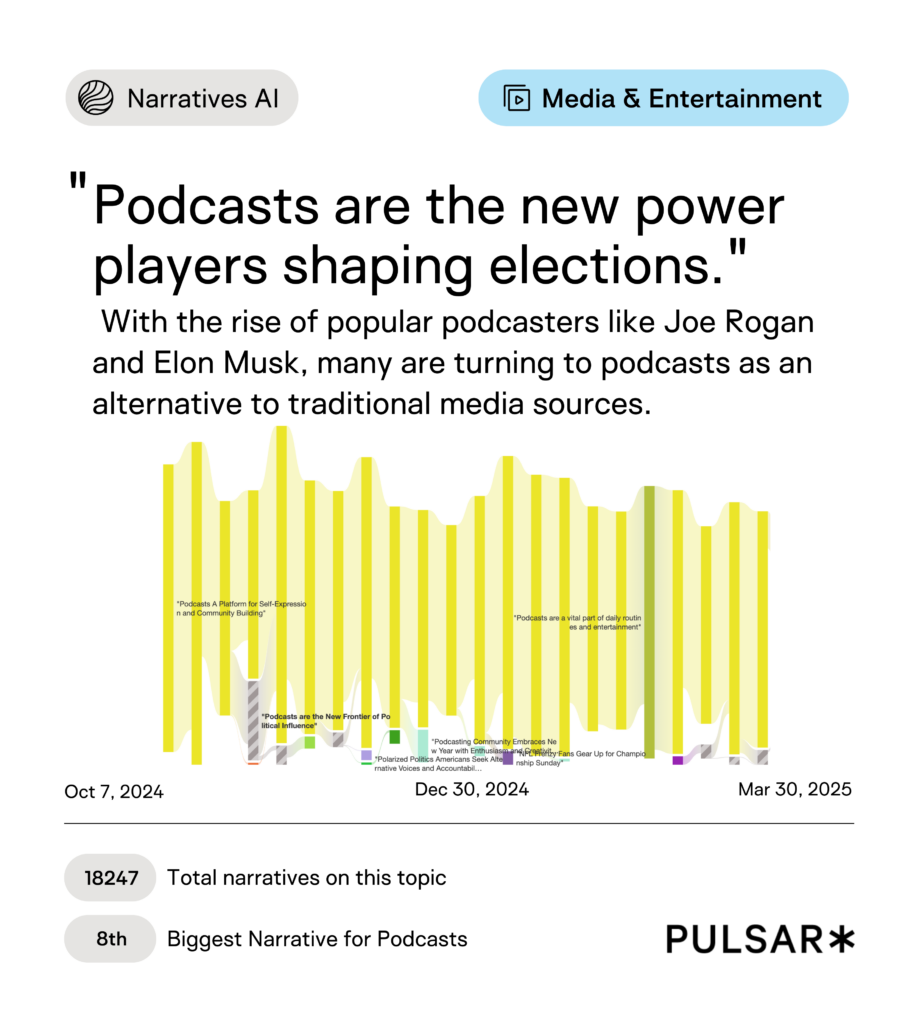
We subsequently narrowed the focus of this global trend to Singapore and analysed on Pulsar TRAC more than 7k mentions across platforms like YouTube, Facebook, Reddit, TikTok, podcasts, Online News, blogs and forums to understand where the discourse is coming from, which channels are capturing the podcasters’ content and how audiences are responding to this content.
Mentions of podcasts in news and social media are growing
Social media is where the larger chunk of podcast conversation is taking place, specifically those episodes that feature a political figure, journalist or those that include healthcare-related discussions. The audiences that engage with these videos, majority being on YouTube, search for political credibility that resonates with them. Young Singaporeans watching these podcasts expect to see leaders who don’t just uphold the image of being a politician, but also someone who is grounded and trustworthy.
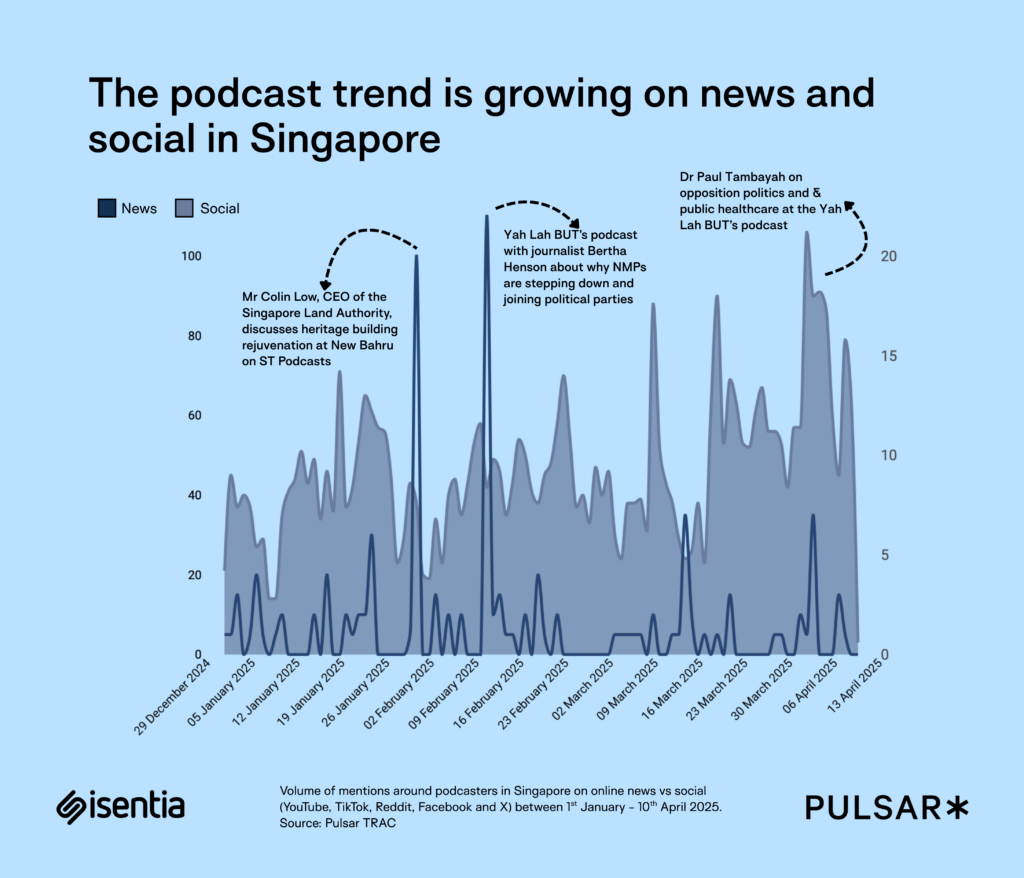
Youth and politicians’ lives dominate podcast narratives
The audiences that consume these podcasts the most are young Singaporeans looking to participate in the conversation as much as they can. These audiences are being more proactive than ever.
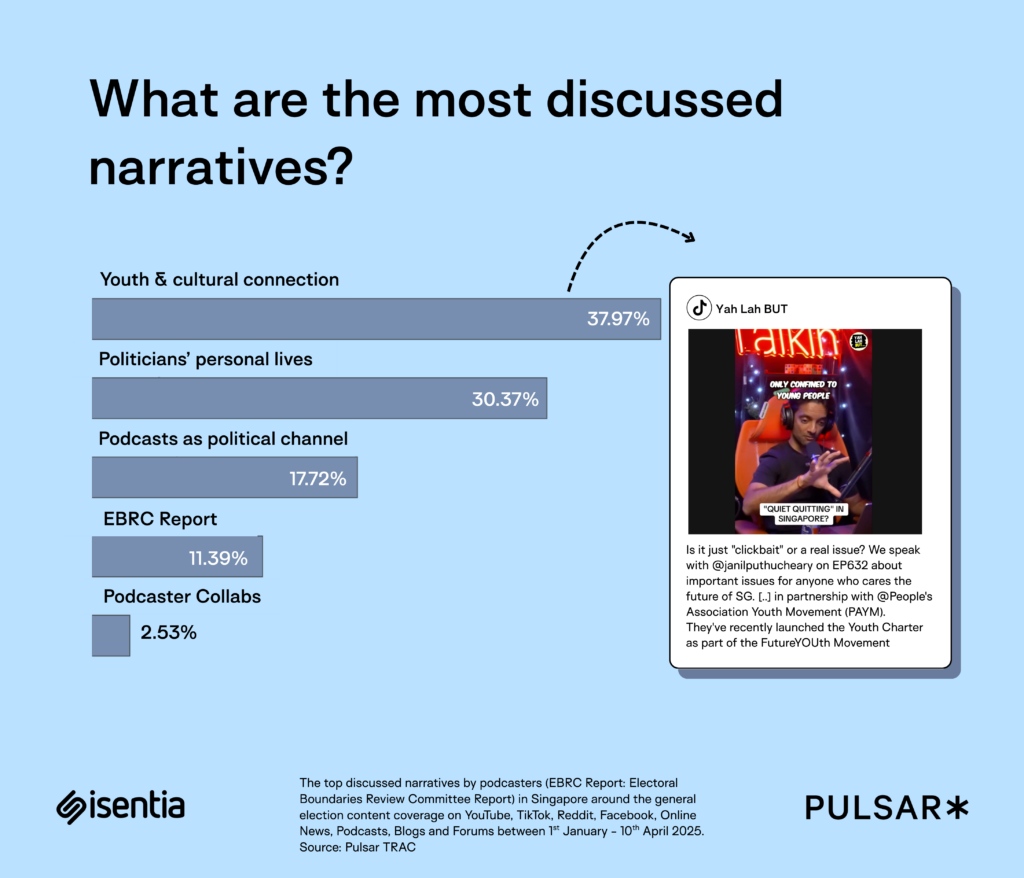
With younger voters consuming media differently, these appearances are efforts by political candidates to connect with the public. Lawrence Wong, Josephine Teo, Indranee Rajah, and Desmond Tan, have used podcasts to communicate directly with the public – sidestepping traditional media filters.
Top podcasters on election-related content
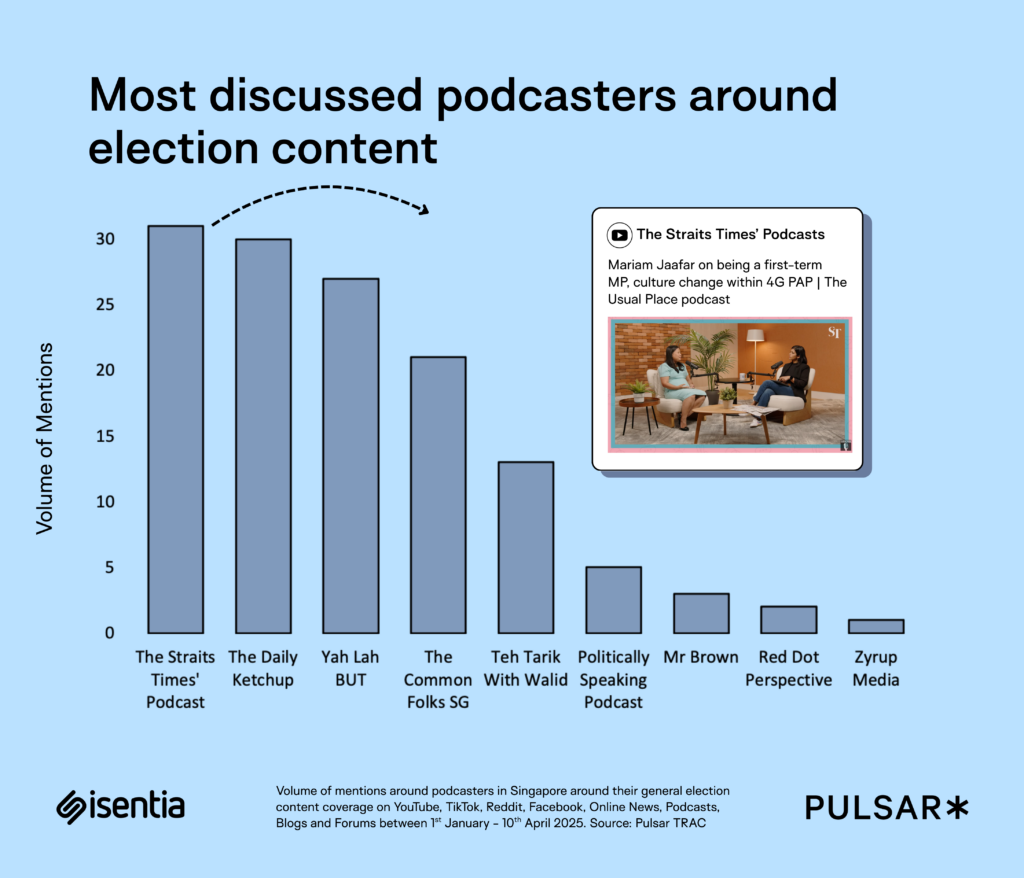
When we focus on who the most mentioned podcasters around election content are, the Straits Times’ podcasts, the Daily Ketchup and Yah Lah BUT emerge on top. These podcasts have figured that the most discourse happens around content that’s either educational or controversial around elections. The public is actively responding to political content shared via podcasts, particularly those by The Straits Times and independent shows like Yah Lah BUT.
How are podcasts doing on Tiktok?
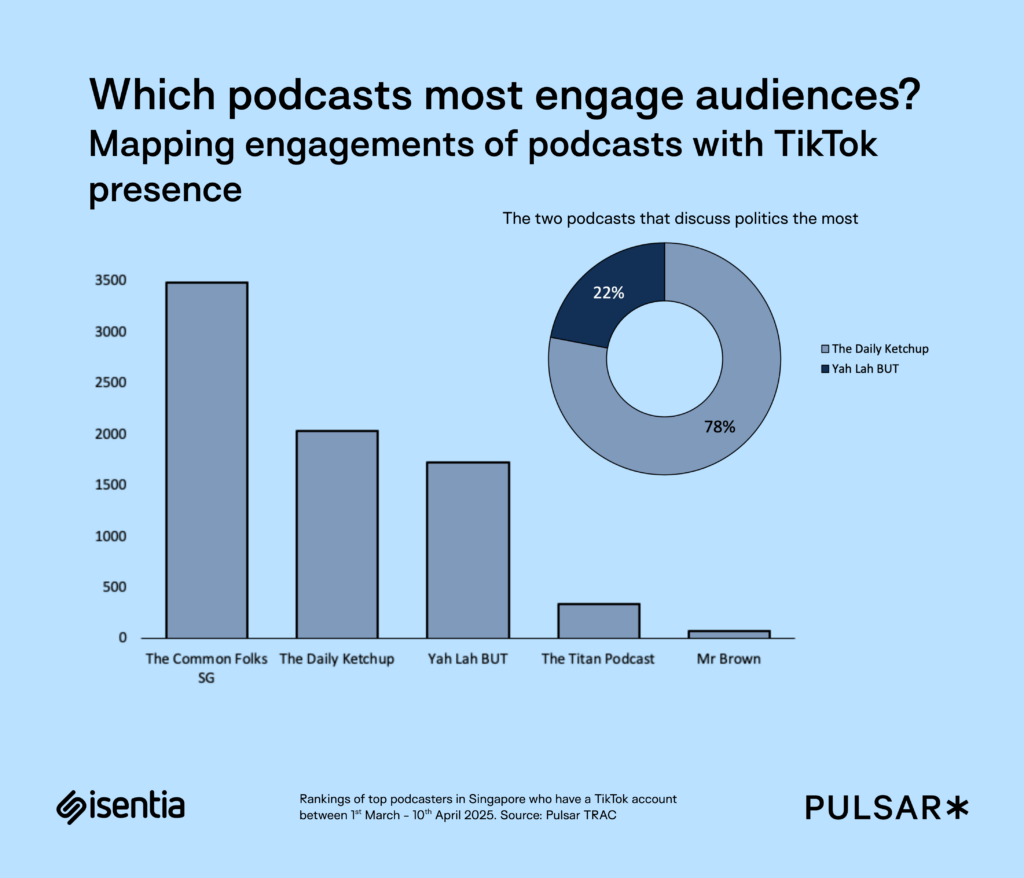





















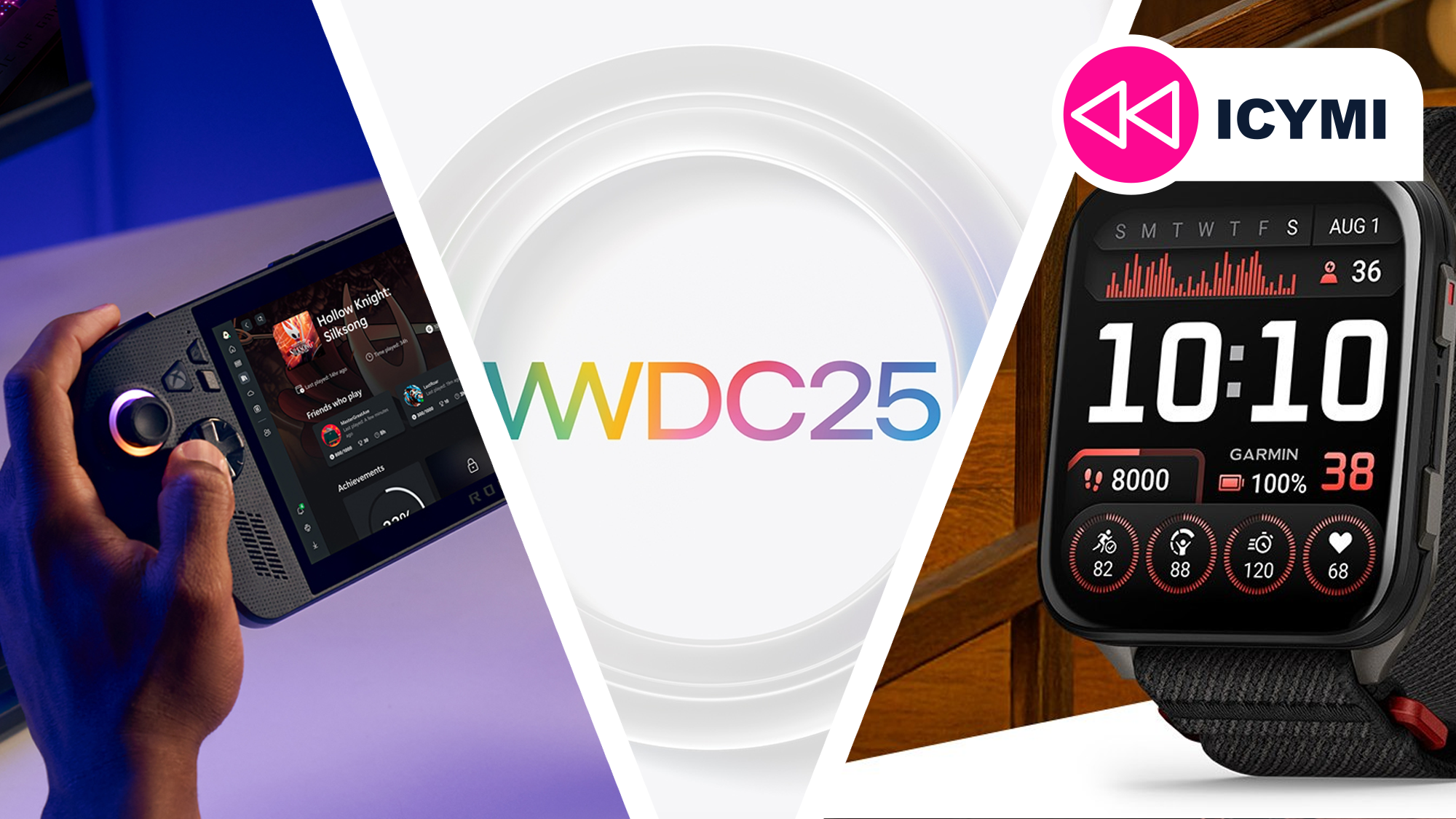




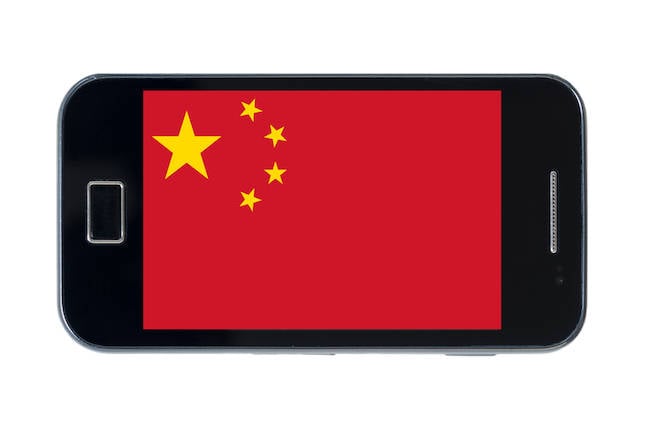






































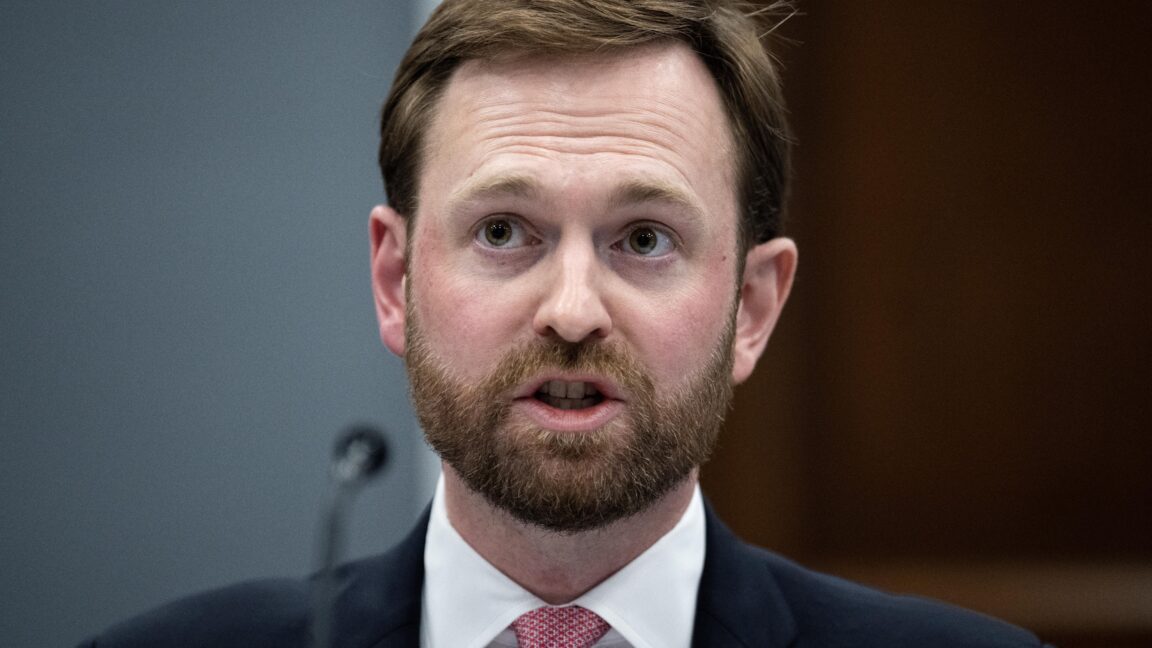
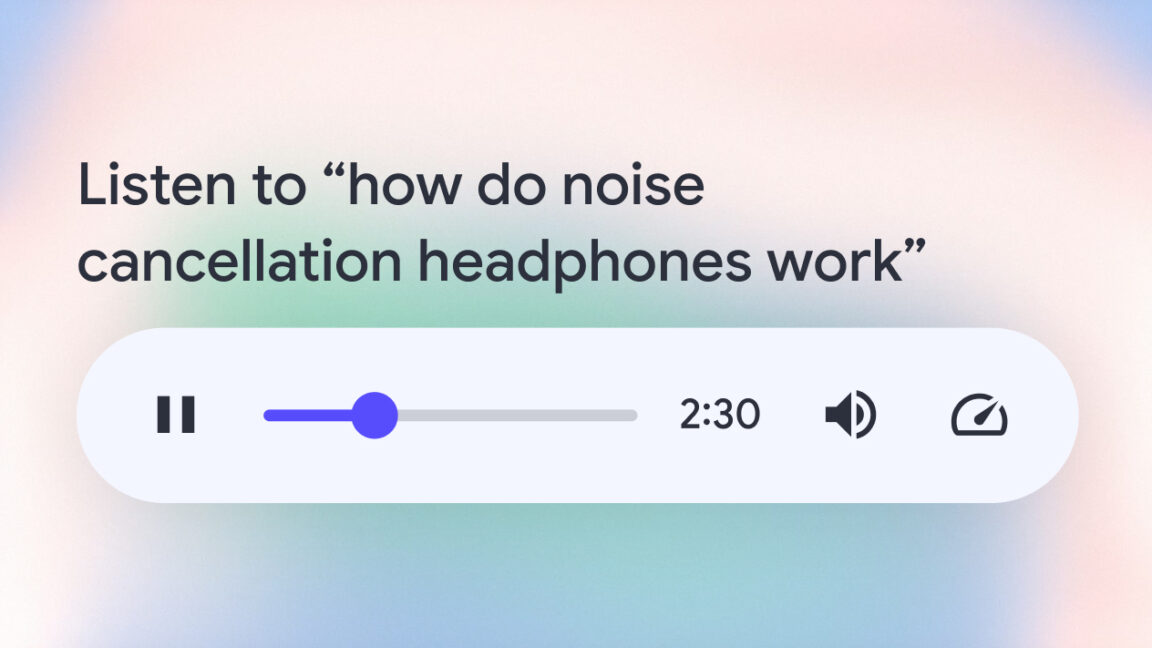
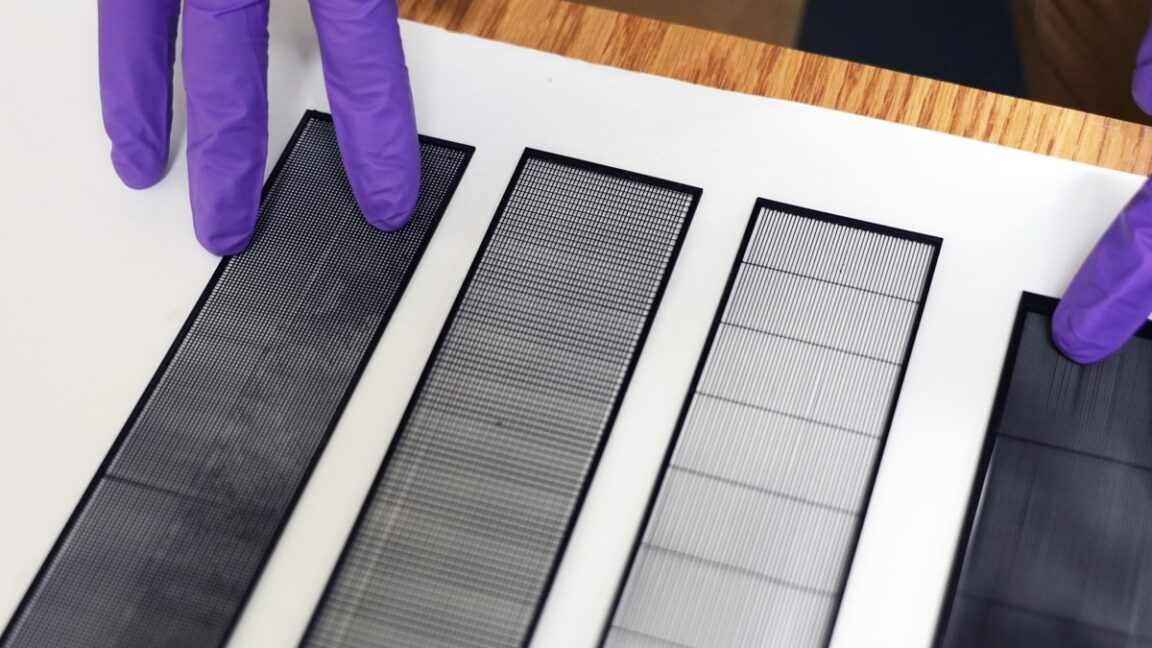
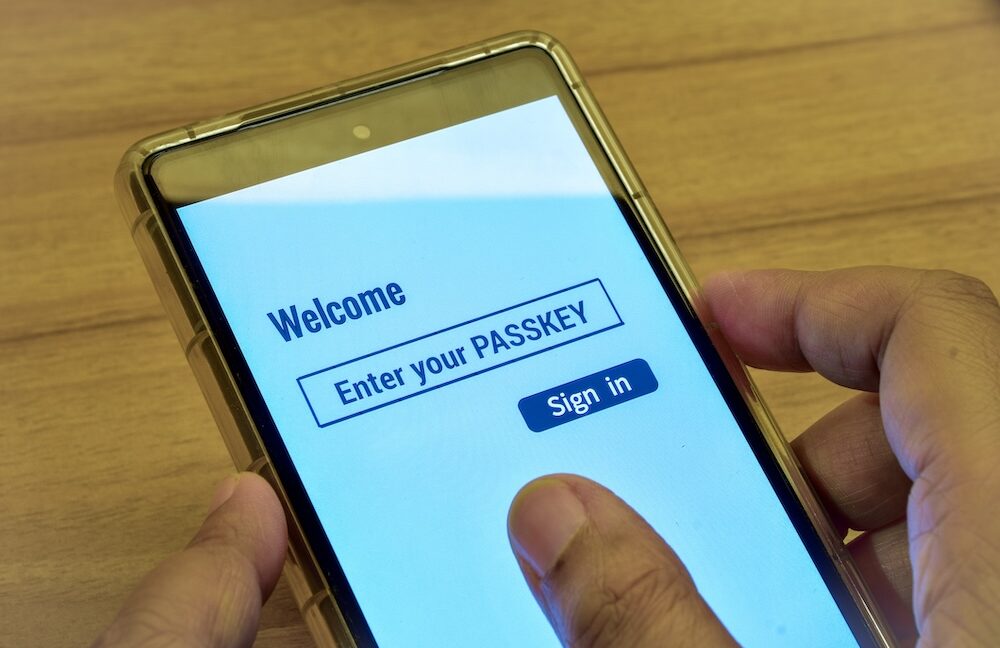
















































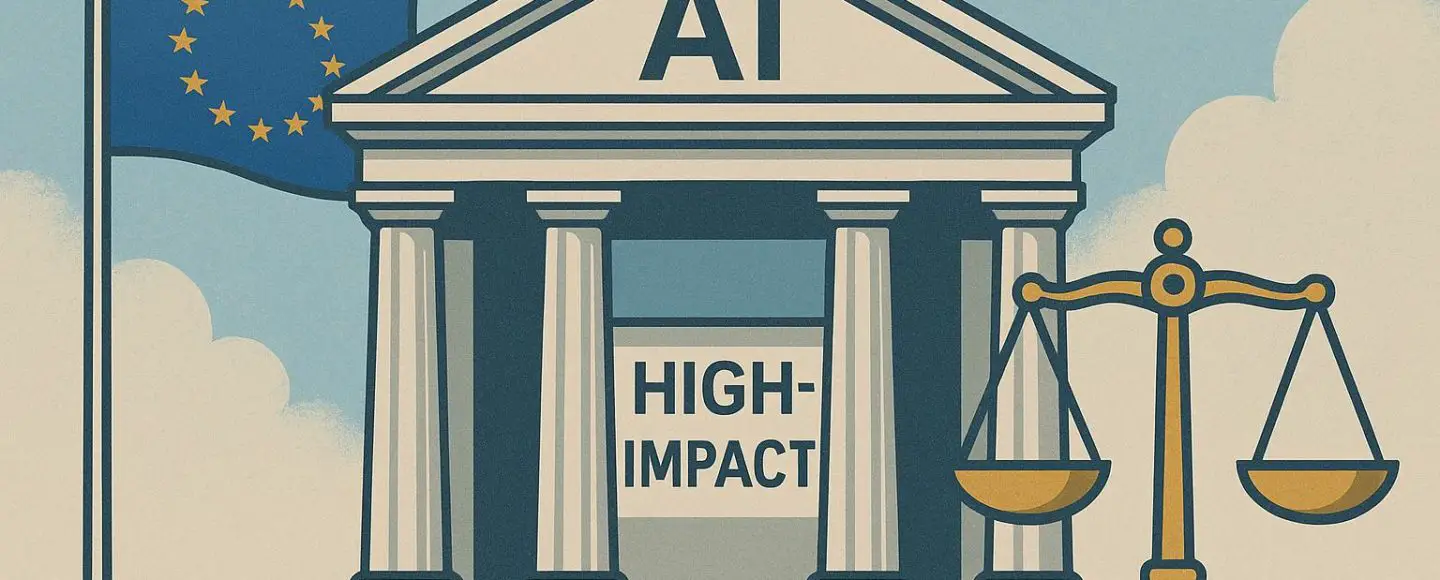









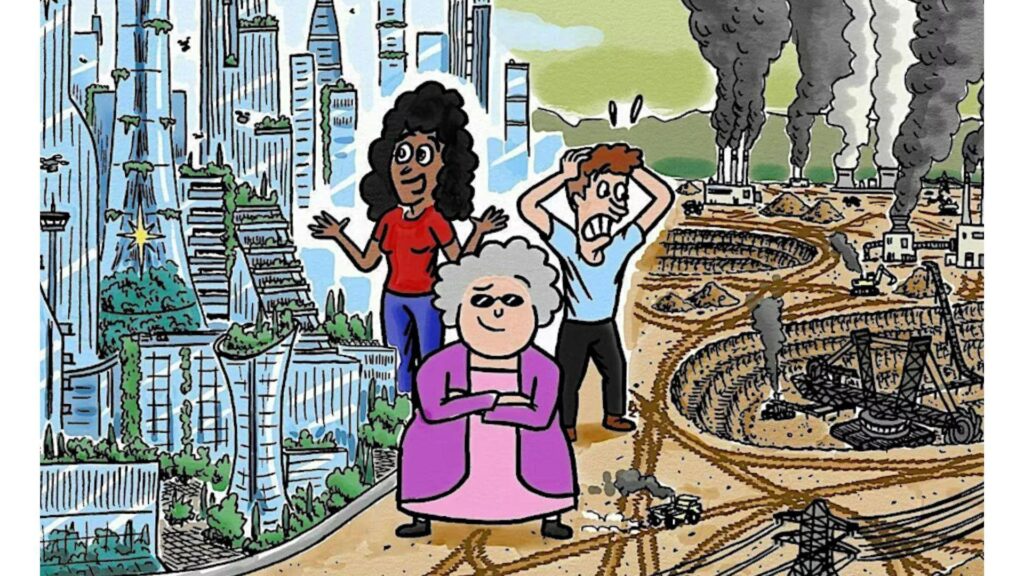





























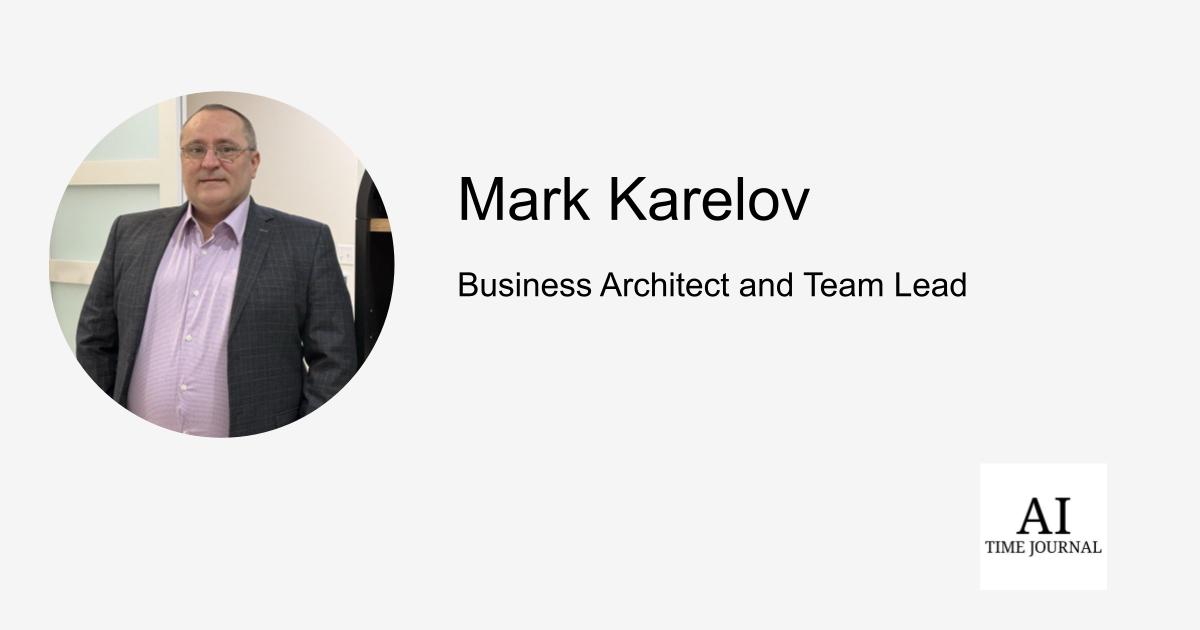















![[The AI Show Episode 152]: ChatGPT Connectors, AI-Human Relationships, New AI Job Data, OpenAI Court-Ordered to Keep ChatGPT Logs & WPP’s Large Marketing Model](https://www.marketingaiinstitute.com/hubfs/ep%20152%20cover.png)





















































































































![[DEALS] Internxt Cloud Storage Lifetime Subscription: 10TB Plan (87% off) & Other Deals Up To 98% Off – Offers End Soon!](https://www.javacodegeeks.com/wp-content/uploads/2012/12/jcg-logo.jpg)


























![Designing a Robust Modular Hardware-Oriented Application in C++ [closed]](https://i.sstatic.net/f2sQd76t.webp)


















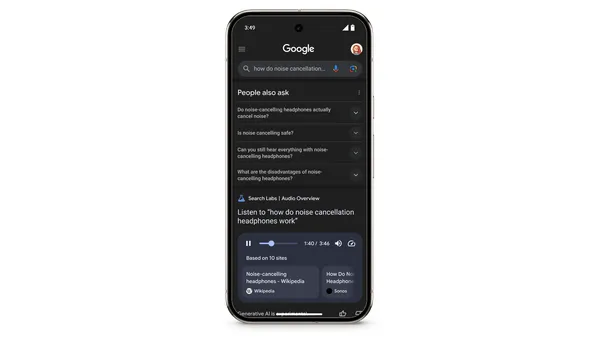
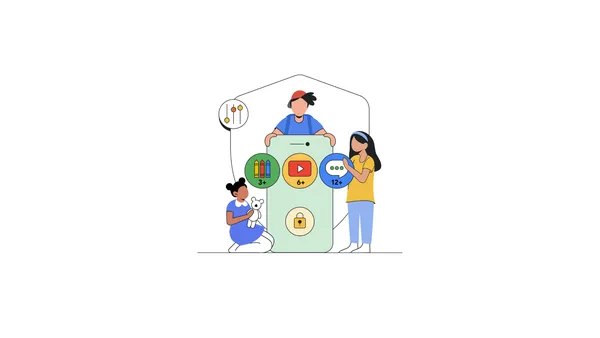






.jpg?width=1920&height=1920&fit=bounds&quality=70&format=jpg&auto=webp#)































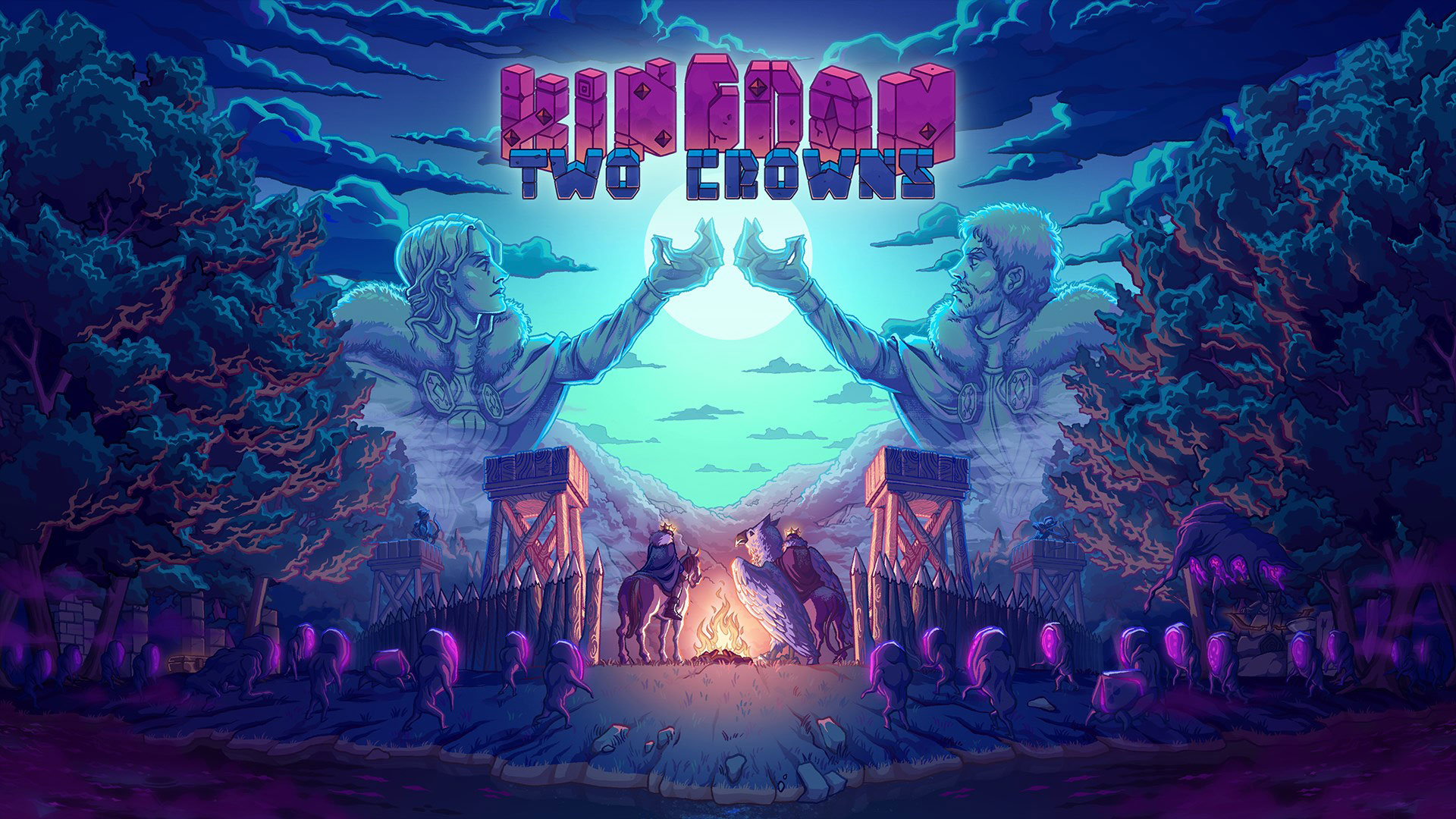
























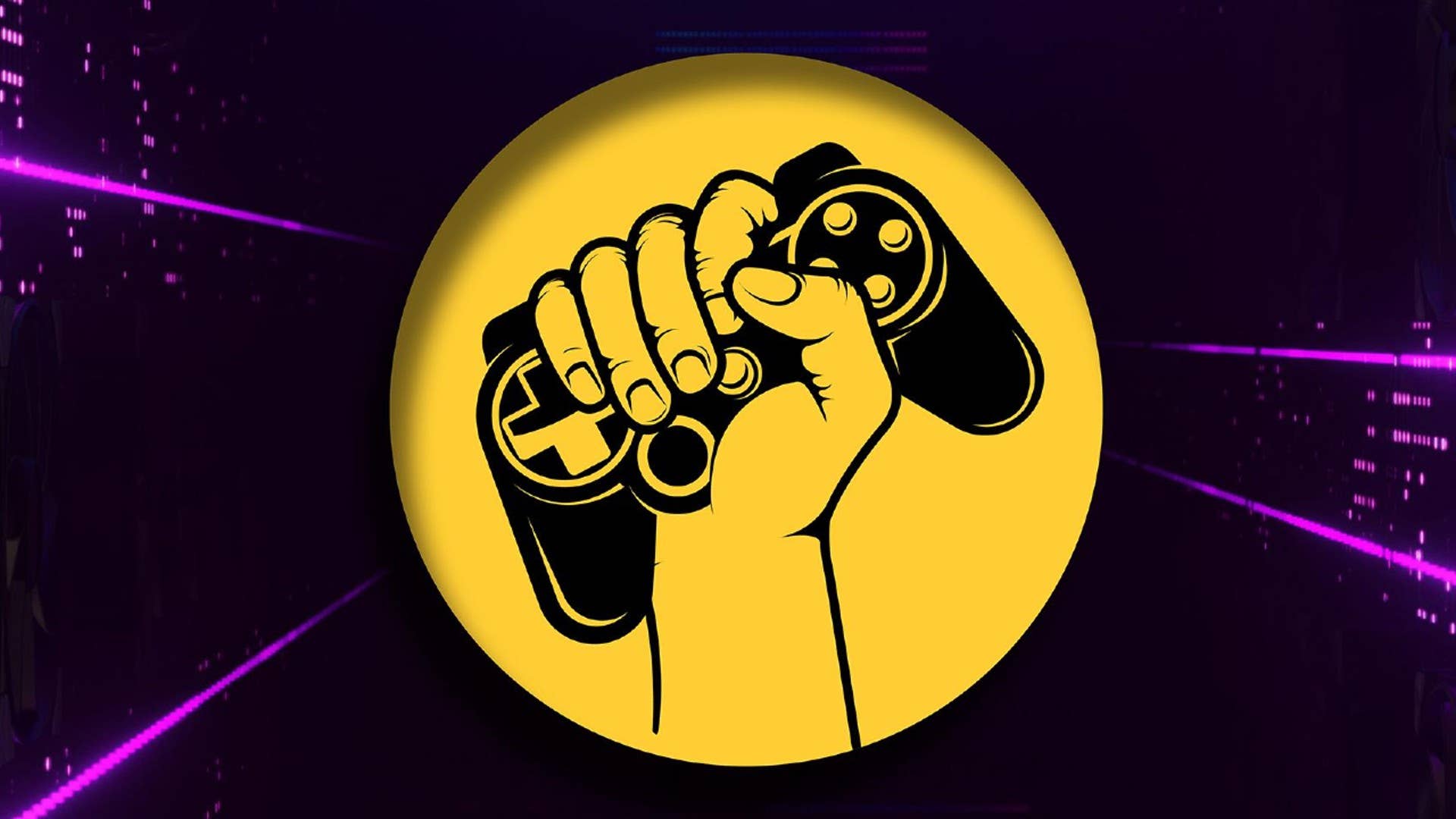



























_Andreas_Prott_Alamy.jpg?width=1280&auto=webp&quality=80&disable=upscale#)
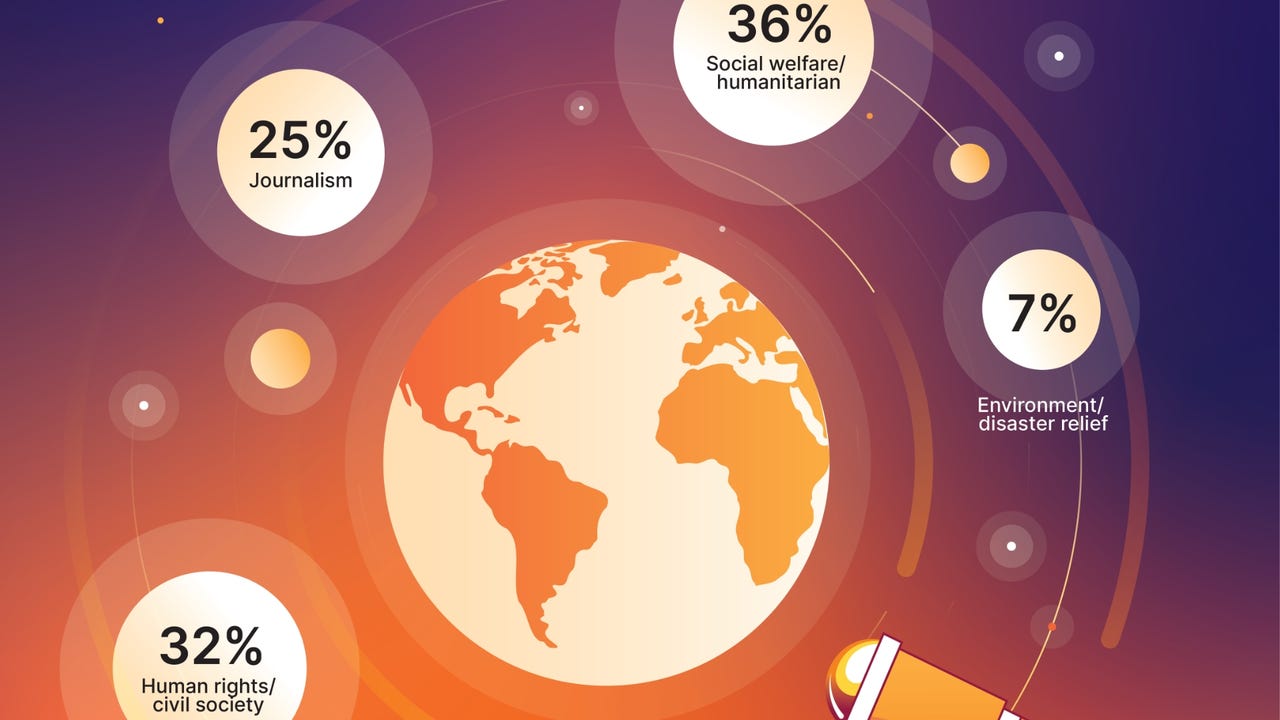
_designer491_Alamy.jpg?width=1280&auto=webp&quality=80&disable=upscale#)















































































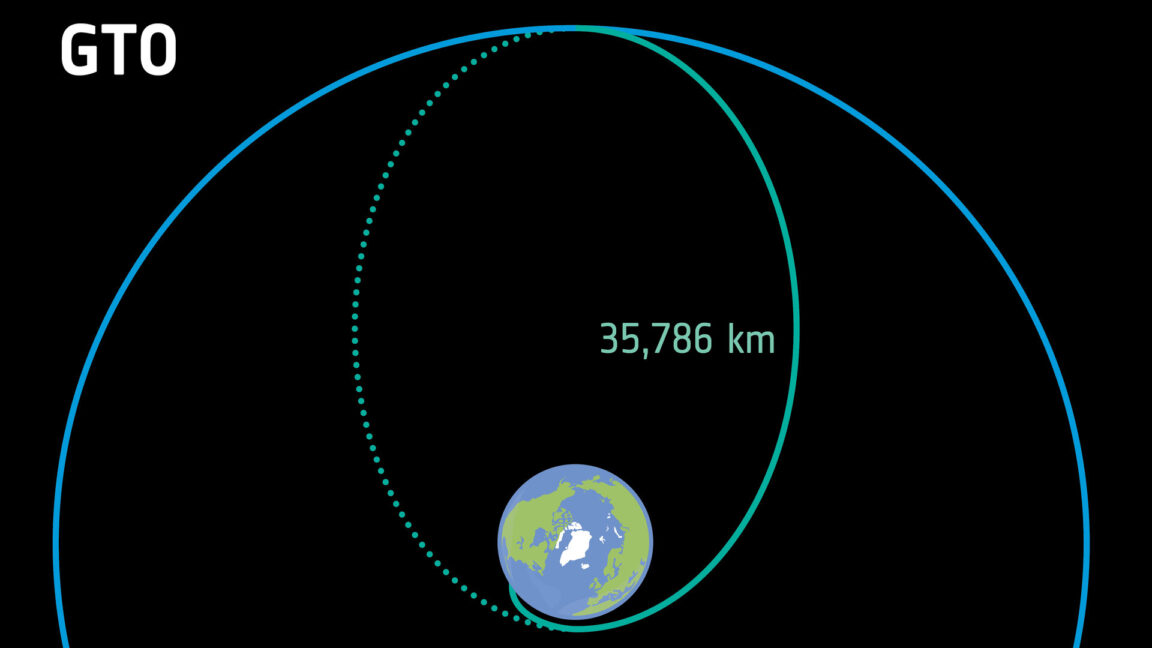



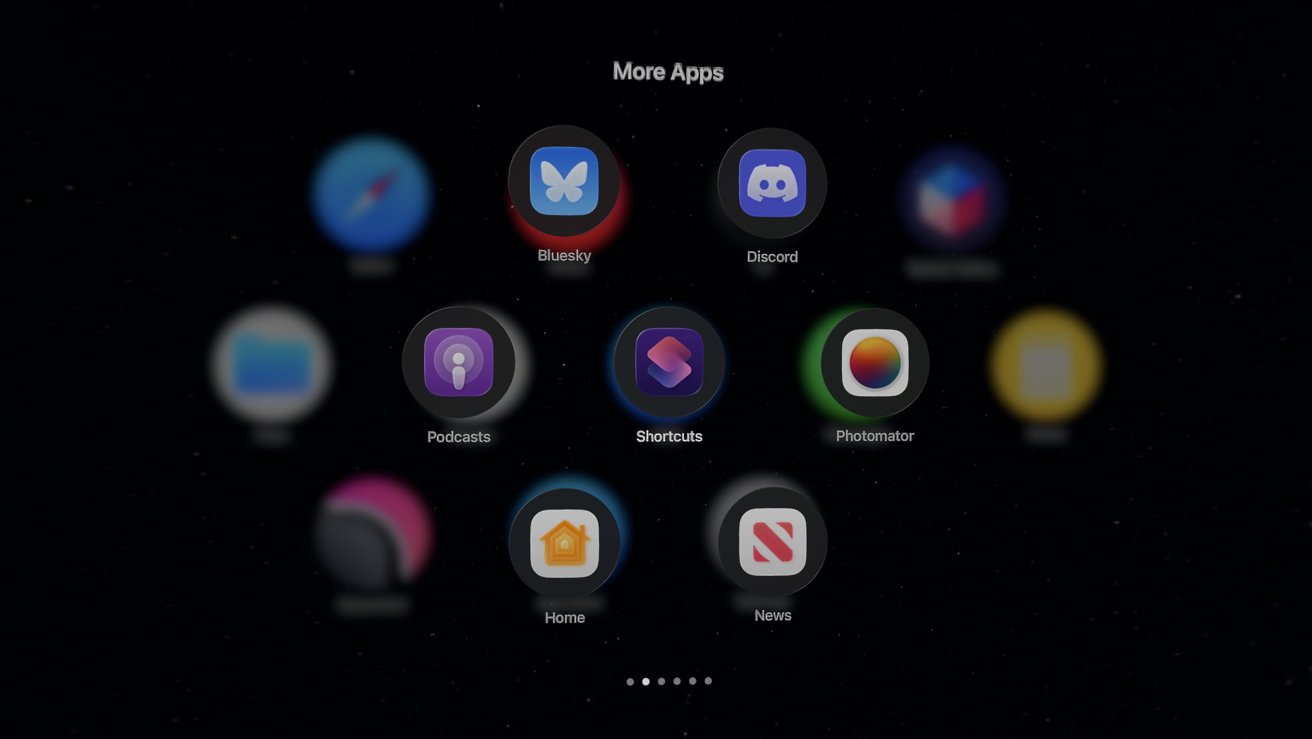


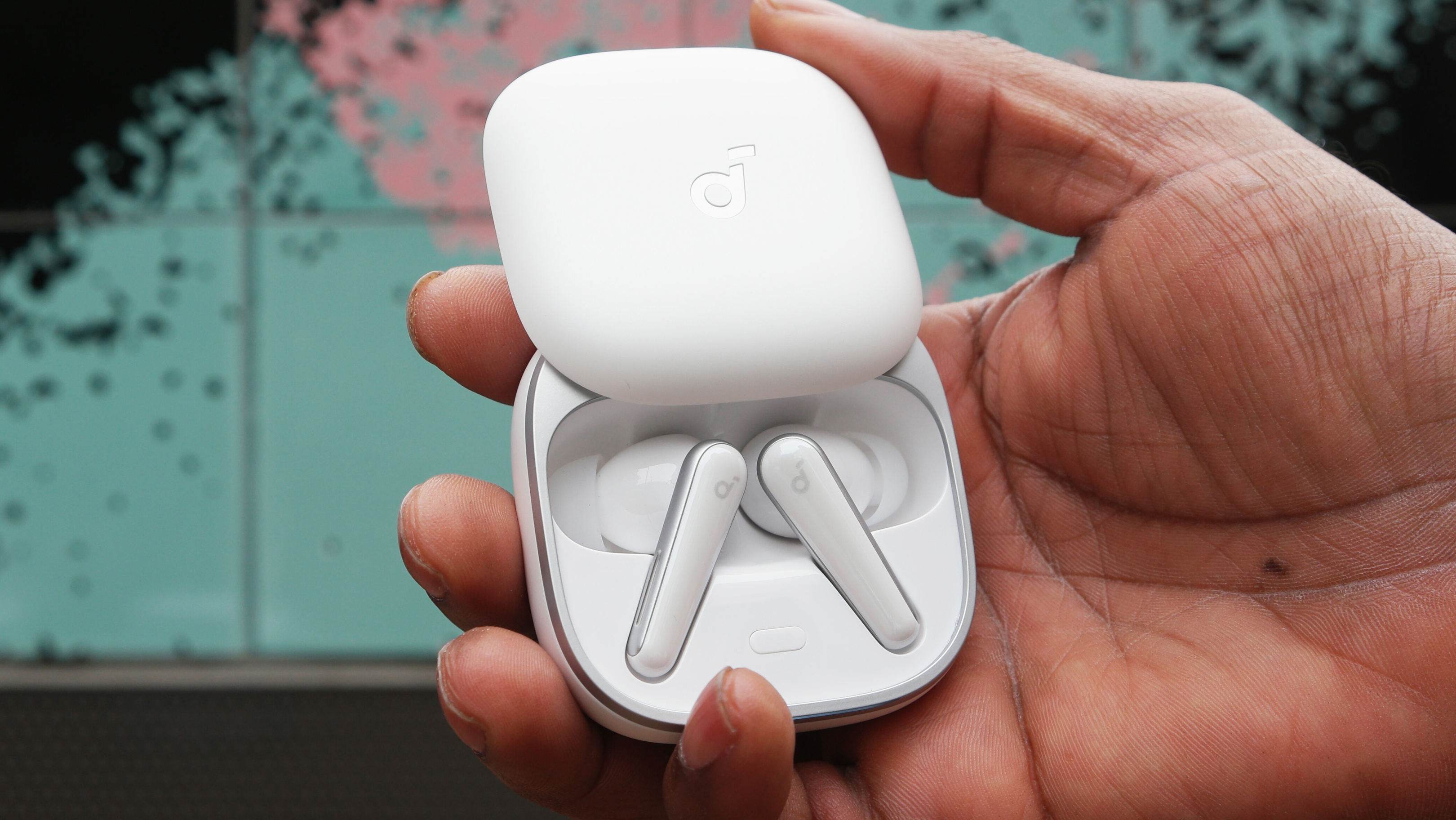


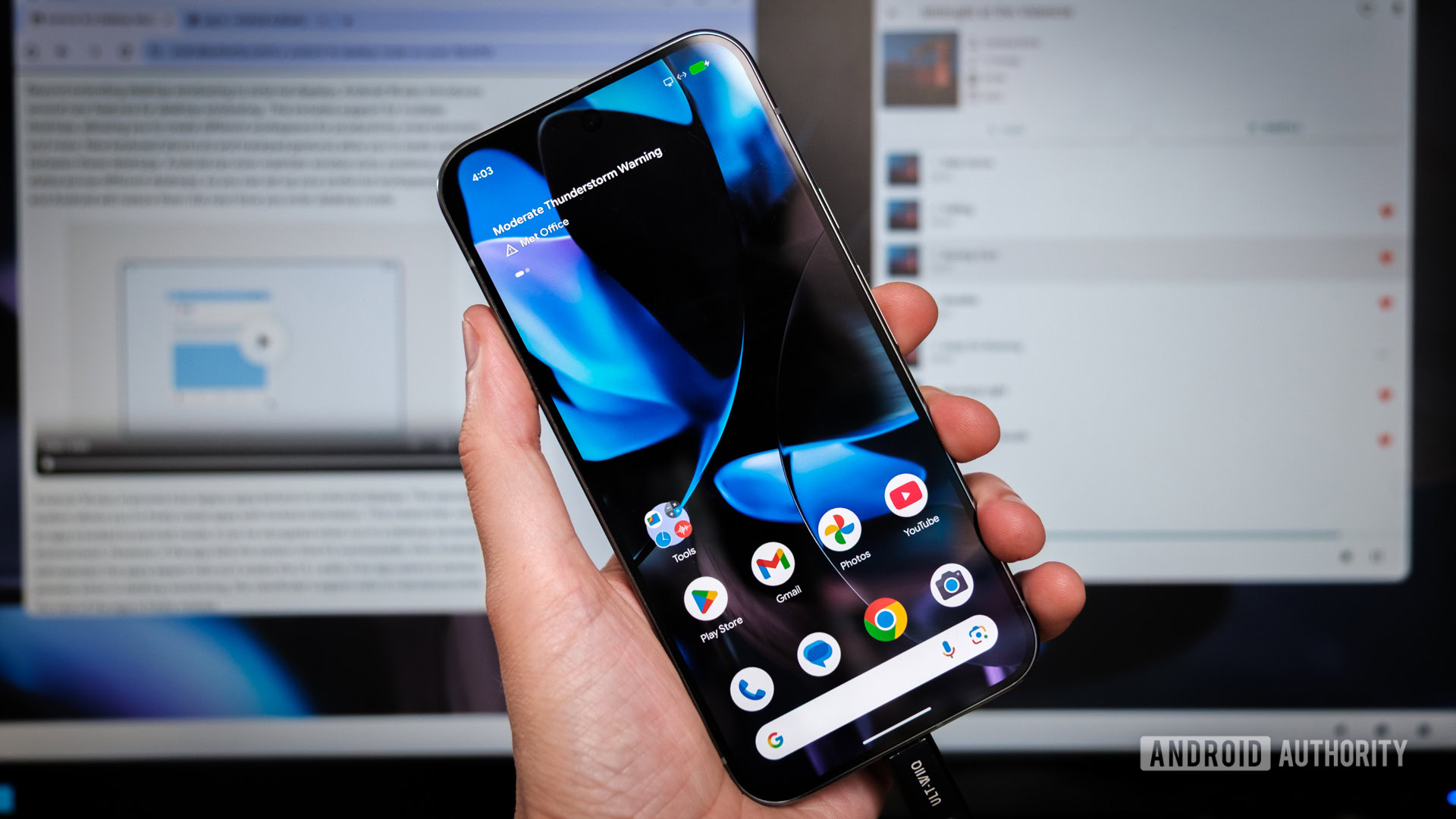





![Google Play Store not showing Android system app updates [U]](https://i0.wp.com/9to5google.com/wp-content/uploads/sites/4/2021/08/google-play-store-material-you.jpeg?resize=1200%2C628&quality=82&strip=all&ssl=1)










